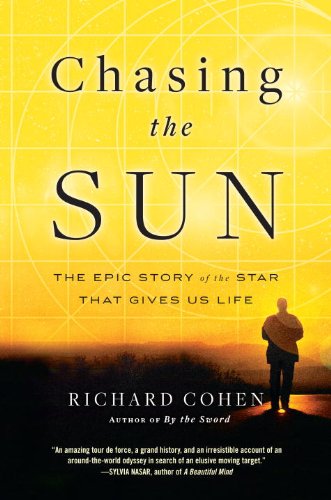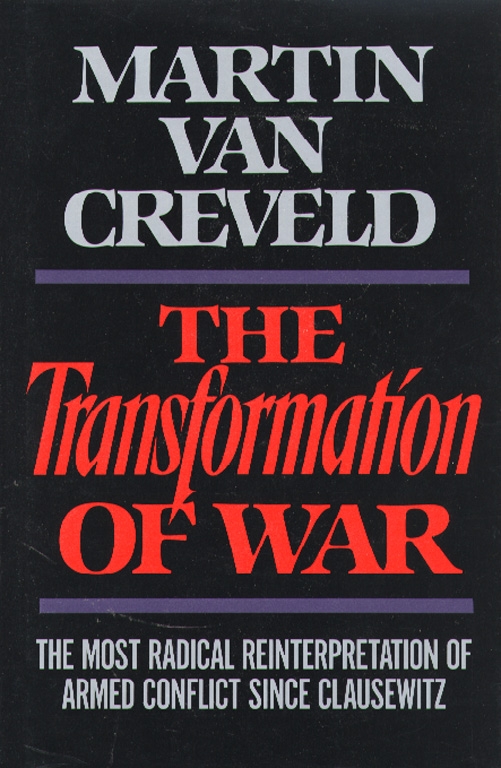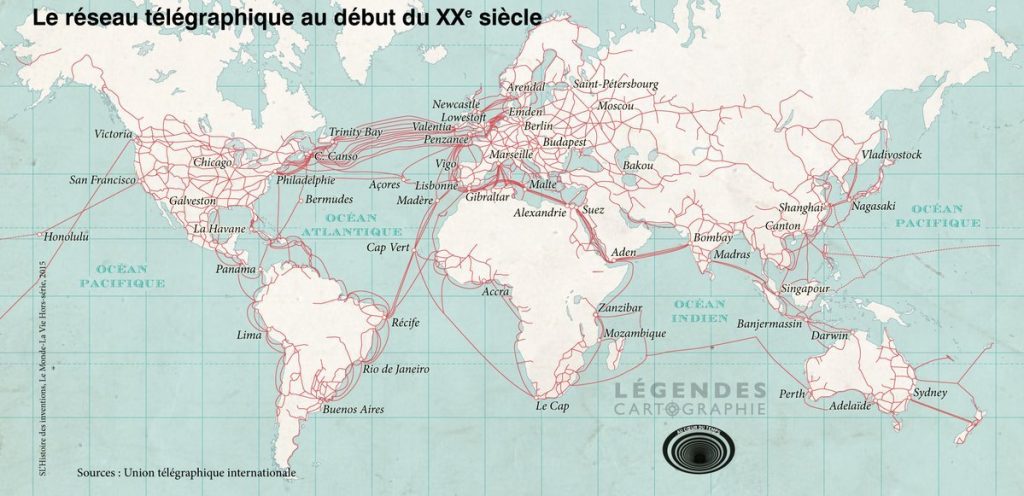
As those familiar with my work will know, I’ve always tried to avoid the trap of overspecialization. I’ve also tried to impress on my students that that there never has been, nor can there ever be, a good student of military history whose only interest is military history. Some took my advice, others did not. One of those who did, I am proud to say, is Yuval Harari.
Having risen to become publishing director of Hutchinson and Hodder & Stoughton, Cohen was never in danger of overspecialization. Instead he became the author of any number of books dealing with any number of topics; including, to mention but two, Israel; Is It Good for the Jews? (2014) and How to Write Like Tolstoy (2021). Add the fact that he is a five-time U.K national saber champion and was repeatedly selected for the British Olympic Team, and one can barely suppress one’s awe in front of his achievement.
As the title suggests, Cohen spent years traveling. So much so that, when people tried to reach him by phone, his wife often had to say that he was, once again, chasing the sun. On his way he visited eighteen different countries. He witnessed eclipses, listened to explanation about the way tides work, and read ancient Greek and Latin works on astronomy. Above all, he listened—to astronomers, to physicists, to geographers, to anyone who seemed sufficiently well informed to be worth talking to. Of course he could have done even more; e.g by spending a few million dollars to go up in a spacecraft to see what the sun and its fellow stars look like from orbit. But enough is enough.
The way Cohen sees it, we humans have related to the sun in two different ways. One, which is the oldest (probably, by far) leads through religion and magic; unable to understand, people tended to use their imaginations and invent. The outcome was countless priests, temples, fables, myths, cults, hymns, re-enactments—possibly, the origins of the theater—and prayers. And sacrifices, including some human ones. On the receiving end of all this were sun gods, sun beings, sun spirits, and the like. Starting with the Egyptian Pharos, who claimed to be sons of the sun god Ra and many of whom were portrayed with his emblem, a disk, above their heads; and reaching all the way to the self-styled Sun King, France’s Louis XIV, who loved the idea of people and things revolving around him as few others did.
The other way to relate to the sun was by means of science. As far back as we can look, the earliest attempts to do so were made in ancient Mesopotamia, China and Egypt. All three were highly developed agricultural civilizations whose system of keeping themselves fed demanded close attention to the calendar. This caused all three to take a keen interest in astronomy as the basis for timing various agricultural activities such as planting, sowing, watering, harvesting and the like. At least equally important, astronomy was needed for astrological calculations to forecast the fate of people, cities and rulers. Either way, studying the sun as well as other heavenly phenomena was vital.
In all three of these civilizations, science, religion and magic long remained so closely related as to make any attempt to separate them almost impossible. Apparently the first to do away with religion and magic and adopt a purely scientific, meaning observation- and math based, approach were the ancient Greeks. Many “pre-Socratic” philosophers, but chiefly Democritus and Pythagoras, took part, coming up with impressive contributions. Among them was the idea, first put forward by Eratosthenes in the second century BCE, that the earth revolved around the sun rather than vice versa; the first attempt to calculate the distance between the earth and the sun as well as the latter’s size; the first attempt to determine the distance between the earth and the moon; and the first attempt to determine the radius of the earth as well as its circumference.
Ancient attempts to work out the nature, size and movements of the cosmos (as the Greek called it) and the various heavenly bodies culminated around 160 CE with the publication of Ptolemy’s Almagest. Originally written in Greek, later it was translated into Arabic which gave it the name by which it is known even today. It certainly contained some errors: including the idea that the earth is at the center of the cosmos, that it does not move, and that all other bodies, as well as the universe itself, move at constant speed and in perfect cycles around it. The trouble with the Almagest was not that it did not provide a mathematically-based model of the universe—it did—but that time exposed inaccuracies to correct which it was necessary to bring in changes that made it so complex as to be unmanageable. Until, in 1543, an obscure monk in Koenigsberg (today, Kaliningrad) proposed another model; one which, by putting the sun in the middle and making the earth move around it, got rid of many of the difficulties.
This is hardly the place to elaborate on the way Copernicus’ work made it from a mere mathematical theory into what we today see as a solid model of the way the solar system actually works. As it did so, increasingly it received support from the works of Tycho Brahe (who, though he himself stuck to the idea that the earth was in the center of the world, raised observation of the heavens to a completely new level of accuracy), Johan Kepler (who showed that the planets’ trajectories are not circular but elliptical), and Galileo Galilei (who, using his telescope, proved that the moon is not “perfect” but made of the same materials as the earth itself). Galileo himself was followed by Isaac Newton who, proposing a new mathematical model based solely on mass, force (gravity) and movement, completed the process by which astronomy became purely scientific.
As time went on Newton’s theories went from one triumph to the next, even to the point where they were used to predict the existence of previously unknown planets hundreds of millions of miles away. During the second half of the nineteenth century the incorporation into them, at the hands of Michael Faraday and James Maxwell, of magnetism and electricity led many physicists to the conclusion that man’s understanding of the cosmos was now complete and that only minor adjustments remained to be made. Never in history did predictions turn more wrong! First quantum theory, pronounced by Max Planck in 1900, showed that, contrary to Newton (but in line with Democritus and his “a-toms”) neither space nor energy were infinitely divisible. Also that, at the subatomic level, things did not behave the way Newton’s theories predicted. Next relativity, first introduced by Albert Einstein in 1905 and completed by him in 1915, completely overturned our ideas of the relationship between mass, time, energy and space, showing that, far from being independent and stable under any circumstances they were related and convertible into each other.
Whereas Planck’s theories were shown to work at the subatomic level, Einstein’s ideas referred to intergalactic space where distances are measured by lightyears. Notwithstanding that the two contradict each other, and notwithstanding too that very few people can be said to understand the true meaning, and hence the implications, of quantum theory in particular, taken together their work still underpins our present-day understanding of the universe. Complete with its hordes of subatomic particles, many of which are supposed to be both “real” and “unreal” at the same time; cesium clocks so accurate that they only miss “true” time by one second every 100 million years; black holes, gravity waves, and a great many other phenomena so strange that they can only be described, if at all, in mathematical language; and, as if to crown it all, nuclear weapons capable of putting an end to it all.
There are four other points that need to be made. First, Cohen is a physicist. As such he has a lot to say about physics but comparatively little about the sun’s impact on living creatures: in other words, biology. Yet it is photosynthesis alone which makes possible all life except for the kind recently discovered at the bottom of the deepest oceans; hence the rather short shrift Cohen give it constitutes a serious omission.
Second, until it reaches 1650 or so Cohen’s account gives about equal space to scientific astronomy on one hand and all kinds of other frames of reference the other. After that, however, such frames all but disappear from the text. That again is a serious omission. Just think of Japan’s sun-goddess, Amaterasu, and of Stalin having himself called “the Sun of Nations.” Today as ever, for every person who reads Einstein, let alone Planck, there must be thousands who believe the book of Judges (chapter 13) when it says that God made the sun stop in its orbit so as to assist the Israelites in their fight against the Canaanites. Countless others believe in astrology and consult astrologers; the fact that it is all nonsense makes no difference. A few chapters on these and similar topics would have completed the book and made it more balanced.
Third, as Cohen rightly points out many of the questions physicists ask today are the very same ones Democritus and Co. asked themselves two and a half millennia ago. Did the universe always exist, or did it have a beginning? If the latter, will it one day come to an end? What is it made of? How far does it stretch? Is there just one universe, or are there more? What is it made of (today’s scientists claim that over 90 percent of it consists dark of dark matter and dark energy, a mysterious something that neither our senses nor our instruments can register)? What is time? Does it “really” exist or is it—as some physicists believe—simply whatever our instruments record?
Finally, does the fact that many of the questions Democritus asked are still with us today suggest that, in trying to answer them, we have been moving around in circles and that it is all a waste of time? Along with Cohen, I believe the answer to this question is negative. There is no doubt that we at present know far more about the universe than our elders did even a couple of decades ago; our success in reaching the moon as well as Mars provides sufficient proof of that. Nor can there be any question of progress coming to a halt any time soon. Each time a new discovery is made, causing a mystery to be solved, another and often greater one seems to present itself. The sense of wonder, which drives the questions, still permeates us. As long as it keeps doing so, human we remain.









